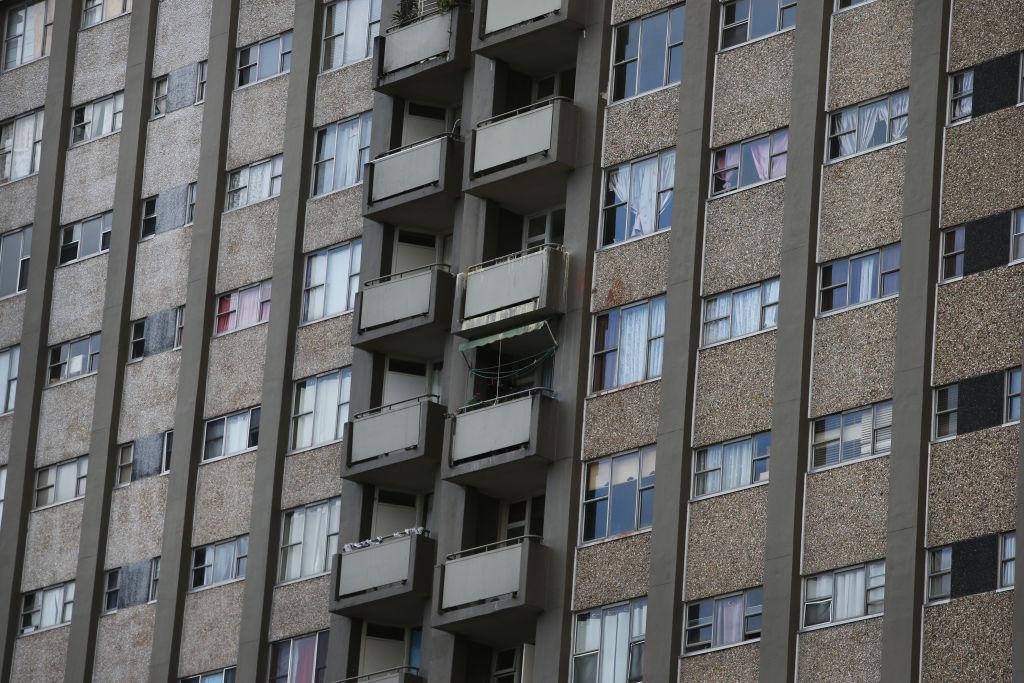The Australian Labor government’s high-profile affordable housing fund has failed to pass the Parliament’s upper house.
On May 10, Labor attempted to bring a vote in the Senate for the Housing Affordability Future Fund; however, the motion was shot down by the Greens and Liberal-National Coalition.





